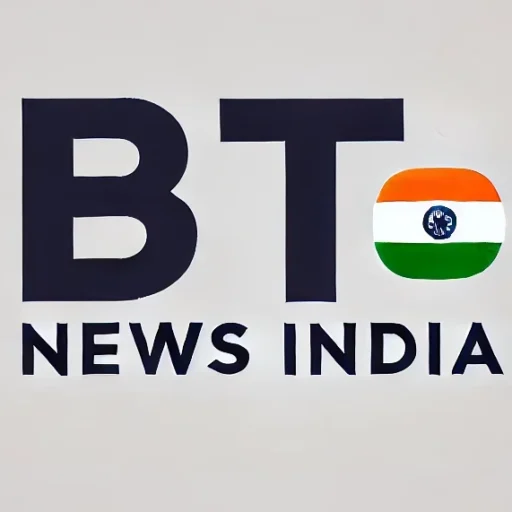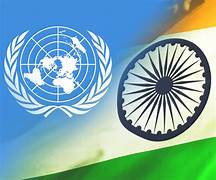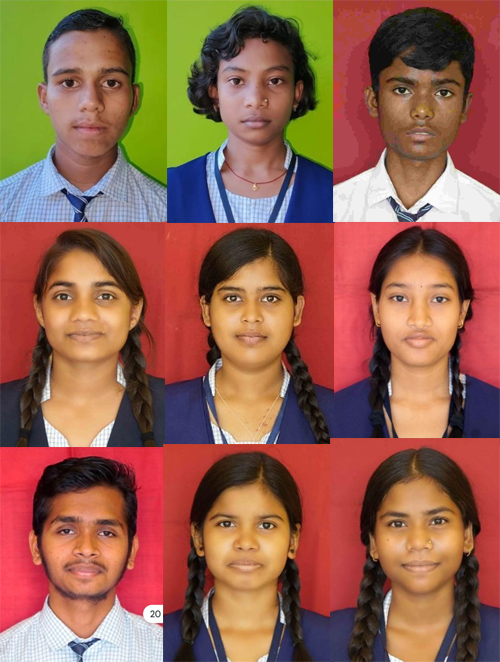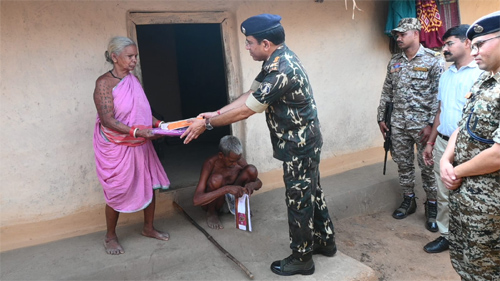Published on: May 15, 2025
By: Purushottam Tiwari
(With the inputs from the various agencies)
Location: New York
India has escalated its diplomatic efforts at the United Nations to have The Resistance Front (TRF), a Pakistan-based militant group, designated as an international terrorist organization under the UN Security Council’s 1267 Sanctions Committee. The move comes in the wake of the April 22, 2025, terror attack in Pahalgam, Jammu and Kashmir, which claimed 26 lives, including 25 Indian citizens and one Nepali national.
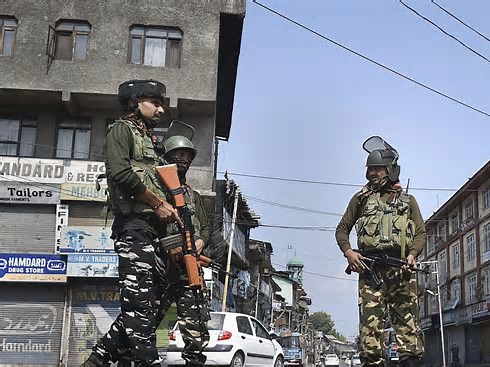
An Indian technical team is currently in New York, engaging with the Monitoring Team of the 1267 Sanctions Committee, the United Nations Office of Counter-Terrorism (UNOCT), and the Counter-Terrorism Committee Executive Directorate (CTED). The delegation is presenting evidence linking TRF, widely regarded as a proxy of the UN-proscribed Lashkar-e-Taiba (LeT), to the Pahalgam attack. The evidence includes communications intercepts, financial trails, and operational details tying TRF to the massacre, sources said.
“TRF is a front for Lashkar-e-Taiba, and we have been sharing information with the UN Security Council and its sanctions monitoring team for over two years to highlight why it should be listed as a terrorist entity,” said Randhir Jaiswal, spokesperson for India’s Ministry of External Affairs. “We are now providing updated materials to strengthen our case.”
Also Read This- https://www.btnewsindia.com/मध्यप्रदेश-के-मंत्री-विज/ https://www.btnewsindia.com/कैलाश-विजयवर्गीय-समर्पण/
The 1267 Sanctions Committee, responsible for overseeing sanctions against groups like Al-Qaeda and ISIL, has the authority to impose asset freezes, travel bans, and arms embargoes on designated entities and individuals. India is seeking similar measures against TRF and its members, including its leader, Sheikh Sajjad Gul, a Kashmiri militant designated as a terrorist by India’s National Investigation Agency in 2022.
India’s push faces challenges, as Pakistan, a non-permanent member of the UNSC, has reportedly blocked efforts to name TRF in UN statements, allegedly with support from China. On April 25, a UNSC press statement condemning the Pahalgam attack omitted TRF’s name despite the group initially claiming responsibility, a move Foreign Secretary Vikram Misri attributed to Pakistan’s influence. “Pakistan’s refusal to acknowledge TRF’s role, despite clear evidence, exposes its continued support for terrorism,” Misri said during a briefing.
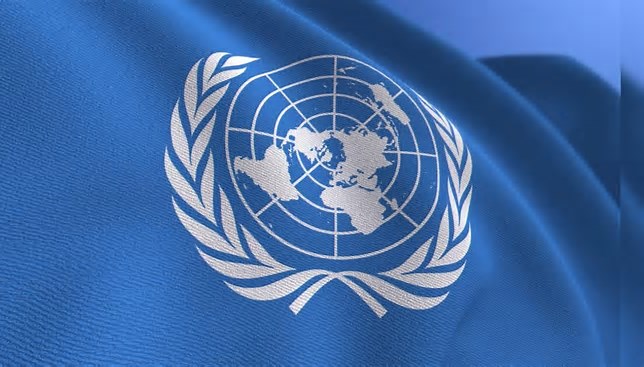
The TRF, which emerged after the abrogation of Article 370 in Jammu and Kashmir in 2019, has been implicated in multiple attacks targeting civilians and security forces. Indian officials argue that designating TRF as a global terrorist group would disrupt its funding and operational networks, which are allegedly supported by Pakistan’s Inter-Services Intelligence (ISI).
India’s diplomatic offensive has garnered attention amid heightened tensions with Pakistan following Operation Sindoor, a military operation targeting terror infrastructure in Pakistan and Pakistan-occupied Kashmir. Prime Minister Narendra Modi, in a recent address, emphasized India’s “new normal” of decisive action against terrorism, signaling robust domestic support for the UN initiative.
As discussions continue in New York, India is also engaging with partner countries to build consensus on the need for stronger global counter-terrorism measures. “This is not just about one group but about dismantling the ecosystem of terror proxies operating under new aliases,” Jaiswal added.
The outcome of India’s efforts at the UNSC 1267 Committee will be closely watched, as it could set a precedent for addressing emerging terrorist groups and their state sponsors on the global stage.
